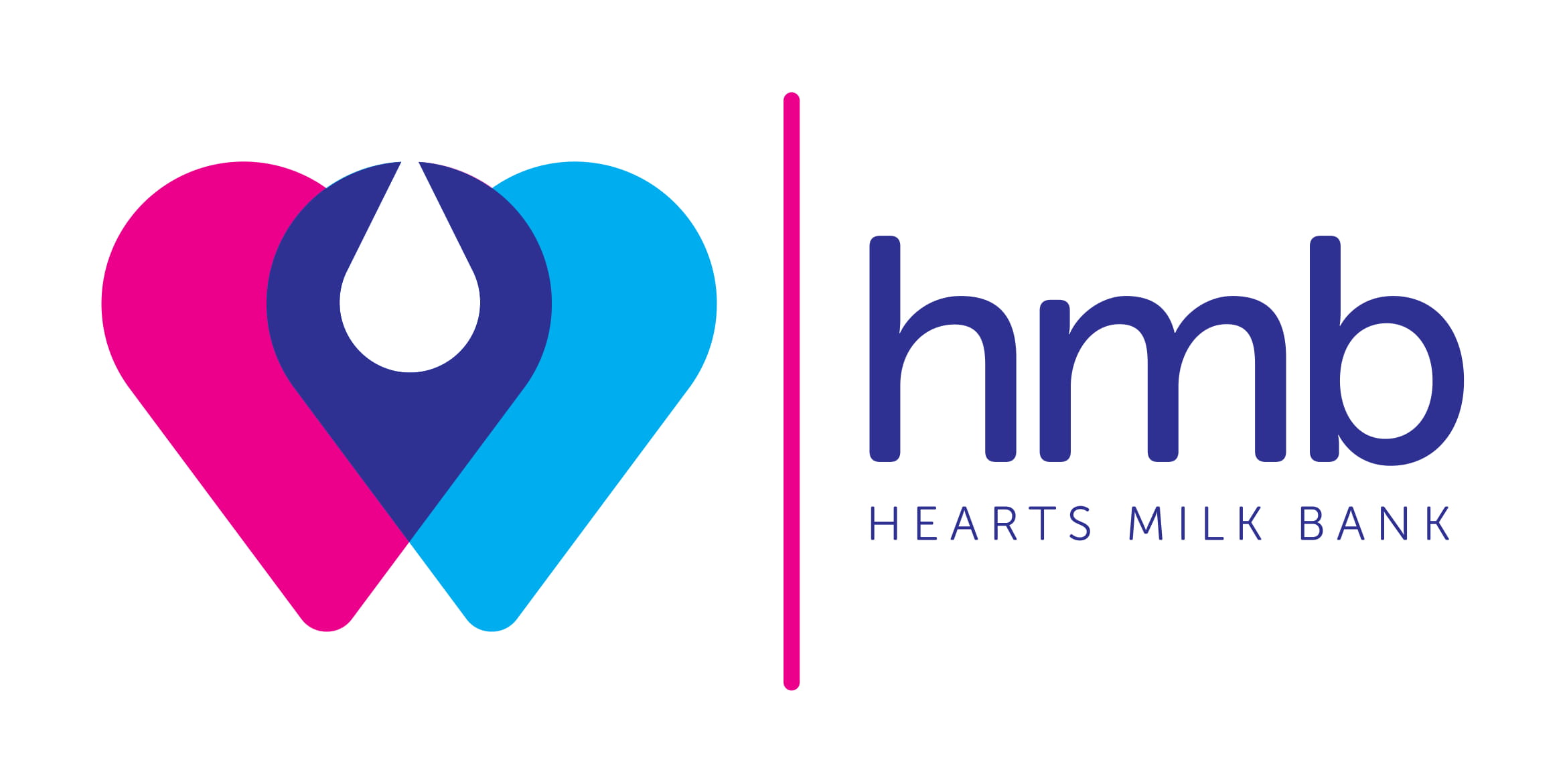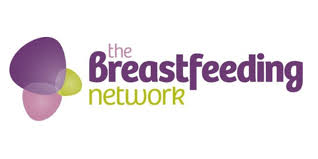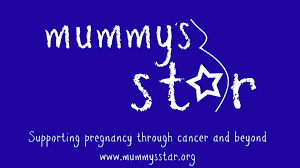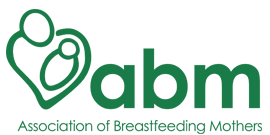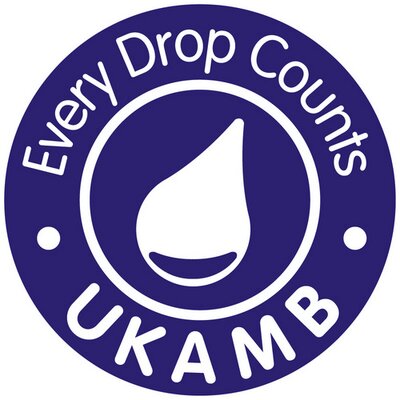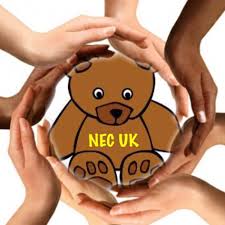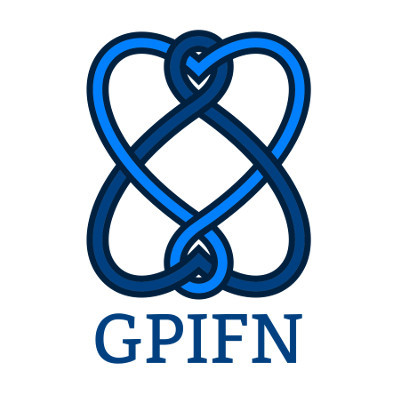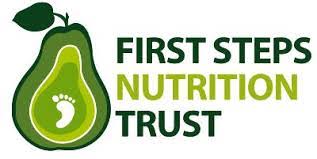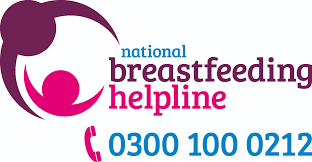When I had my first daughter, I spent the first two weeks asking anyone and everyone who came to the flat to meet her why they had not told me it would be like this. I had had a pretty difficult birth, a long -labour, a rushed, frightening end, forceps, tearing and haemorrhage. I also couldn’t walk – the pelvic girdle dysfunction that had had me in a wheelchair from 34 weeks came back with even greater force, and every movement made me yelp from the grinding of joints. I didn’t sit unassisted for 6 months. Yet I had a daughter. A mostly healthy if slightly-shell-shocked-by-the-experience daughter. She was so beautiful. And I was utterly unprepared for how to feed her.

Like most mums I talk with now, I hadn’t really thought about feeding during pregnancy. There was a fairly nonchalant discussion in our antenatal class where the ‘benefits’ of breastfeeding were presented, but in my head I was thinking that sure, I would give it a go, but it didn’t really matter if things didn’t work out. I was a doctor. I thought I knew what I was talking about. I knew not every woman could breastfeed and yet we lived in a country fortunate to have clean running water and kettles and choice.
I didn’t know what I was talking about.
Nature is a clever mother. Regardless of the trauma of birth, she has a trick up her sleeve once the baby is delivered of flooding the mother with oxytocin – the love hormone. Different women have different reactions to this and medical intervention during birth can also break this protective process which mends pain, focusses the mum on the baby, and triggers milk to flow.
It worked. And for that 24 hours after birth I couldn’t sleep – I just want to stare at my daughter, drink her in, and thank my lucky stars that she was bruised and stressed, but would be okay. And tucked away in our cubicle in a busy London postnatal ward, I started trying to work out how to feed her.
The problem was, the only cultural awareness I had on feeding babies was from bottle feeding. Cradle the baby, poke boob into mouth. Look serene. Sorted.
Except new babies don’t expect to be fed like that. Their inbuilt reflexes are telling them to do something completely different, and I was completely confusing my daughter.
So for 24 hours, I thought I was doing great. Then things started to get sore. Then very sore. Then it was a pain that rightfully should have had an opioid level intervention as I developed deep cracks, and every feed was dreaded. I would bite into my thumb as she latched to stop screaming. I asked the midwives for help, and one of them popped in a couple of hours later, hugely apologetic at taking so long but things were busy. I could see that they were, and I was okay. Well, pretending I was okay. She took a quick look, shifted my daughter round and said tummy to mummy, and rushed off. She was lovely, stressed and overstretched. I could have done with someone to sit with me, explain it all, tell me how things would go, give me choices. But I could see she was under pressure. And I was okay.
Two days later I was not okay. My daughter was feeding for 6 hours at a time and still coming off screaming. I was dissolving into a bubble of self-hatred, sleep deprived to the eyeballs, a soggy mess of tears and panic. I got myself down to the midwives’ desk at midnight on day 4 and demanded a bottle of formula right now or I was self-discharging to go to the shops, in whatever wheelchair I could find. And they gave it to me. With a blood transfusion the next day after finally noticing I was severely anaemic. And we went home the day after.
Sophia was mainly fed with formula over the next few days while I alternated between trying to feed her without screaming, trying to work out how to sit without screaming, go to the loo without screaming, and so on. The GP listened to me sobbing down the phone and prescribed codeine and tramadol – a pretty powerful combination and also one I couldn’t breastfeed with. So I started pumping. The first community midwife came and went, baby was fine, weight okay, all was well, see you in a few days. I got an infection in the tear. I got mastitis. I got a Saturday night trip to A+E for antibiotics. And sitting on that plastic chair with my new, beautiful, sleeping daughter oblivious to the chaos raging round her, was the final straw.
I spent an hour the next evening sobbing on the phone to a breastfeeding counsellor who just listened while I poured it all out and then suggested how I could start fixing it all. I’m crying now while writing this, because knowing what I know now, it was all utterly avoidable. No one person was responsible for this car crash of an experience of new motherhood. Each part of the system had failed – the short-staffed weekend labour ward, the overstretched postnatal ward, my own lack of knowledge about how my body worked, how our daughter’s body was expecting to work, my partner’s blind panic of being left with a hungry baby while I passed out in a tramadol-induced haze. Not knowing that soreness was not right, and that something needed changing. Not knowing that people existed who knew how to help mums struggling as I was. Not knowing having a big bleed could delay milk coming in. Not knowing the harms of giving formula so I could at least be informed about its use. Not knowing that donor milk could have been available, if accidents of history over the last 40 years had not reduced the supply of donor milk to only the sickest premature babies. And just not knowing that it could possibly be like this.
Knowing what I know now, my experience wasn’t unique. It wasn’t even remotely the worst of what is possible.
It doesn’t have to be like this. As soon as we have our booking appointments when first pregnant, we are asked about birth plans. What we would like to happen in case of each eventuality. What do we want when things go differently. Who will be our advocates? What choices can we make? Who can support us?
Why don’t we do this for feeding?
When we know better, we can do better. We can prepare better. It is up to our generation to give knowledge and support to the parents of the future so they can have easier experiences. So they can make informed, real choices rather than rushed interventions when things are getting scary. Or when it is too late. Too many mothers are hurting to allow this to continue, and changing the system can start right now.
Join us if you could like to drive this change. Share your story. If you, like 85% of UK mums, wanted to breastfeed but were left in pieces by the experience, what could have made things easier? What three things would have helped you looking back? Let’s not talk about guilt and failure. None of this was our fault, our failure. We just have to heal this by making change now. Let’s help the mothers of the future.
Dr Natalie Shenker, mum, cofounder and Trustee of the HMF
Help us to make a better future for the next generation by donating to the Human Milk Foundation!

